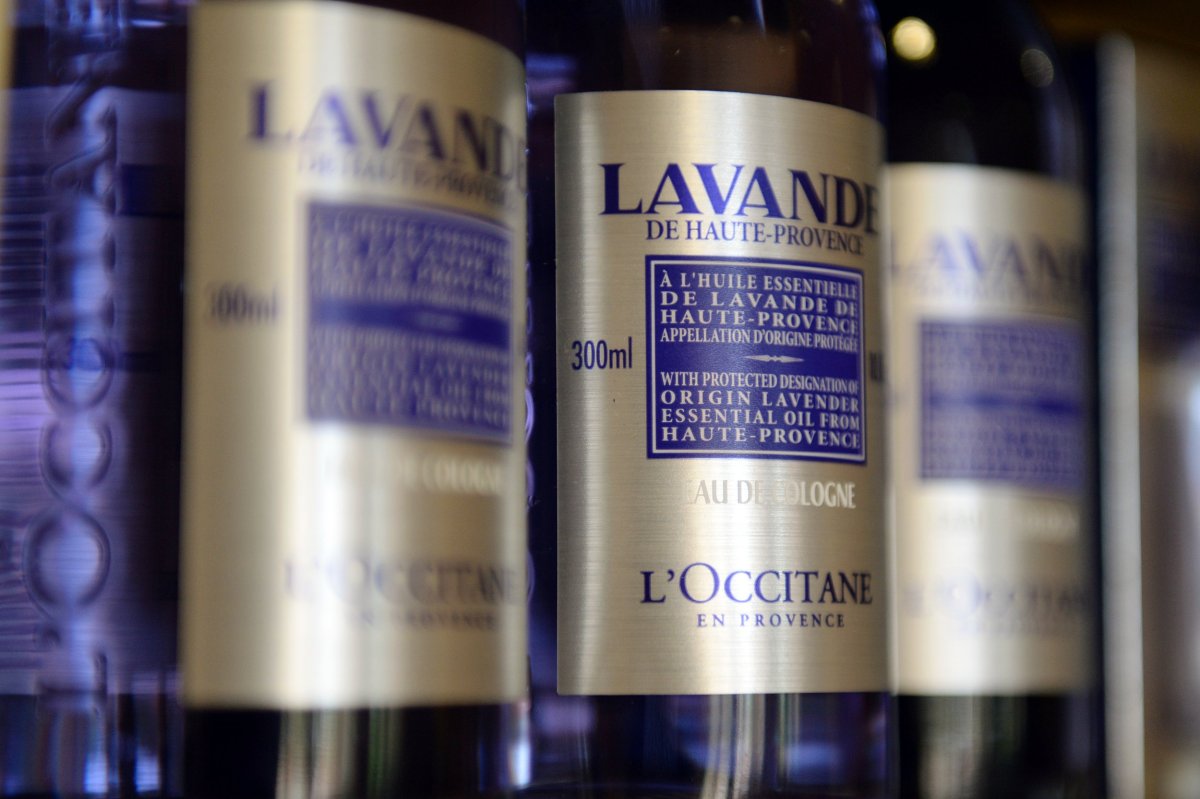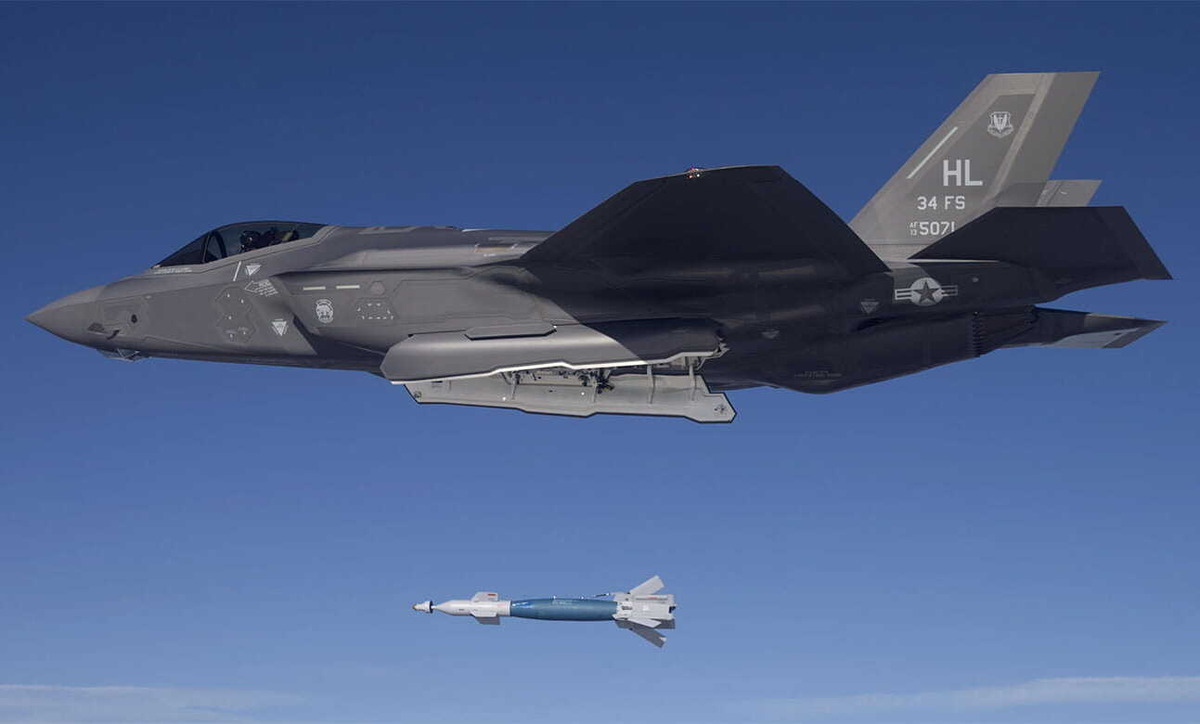Young men who are regularly exposed to lavender or tea tree oil may be at risk of developing large breasts, according to a new study.
Researchers from the National Institute of Environmental Health Sciences (NIEHS) found that eight chemicals in the oils disrupt hormones.
Related: FDA Approves First-Ever Breast Cancer Genetic Test for At-Home Use in Landmark Decision
"Our society deems essential oils as safe," J. Tyler Ramsey, lead study author and postbaccalaureate research fellow at NIEHS, said in a statement. "However, they possess a diverse amount of chemicals and should be used with caution because some of these chemicals are potential endocrine disruptors."
Ramsey and his colleagues findings add to a growing body of research that has linked essential oils to abnormal breast growth called prepubertal gynecomastia. In order to understand how the oils impact human health, the researchers applied eight of the chemicals—half of which are ingredients in both oils—to human cancer cells.

They measured how two types of receptor-target genes—estrogen and androgen—were altered once exposed to the oils. In addition, they also observed transcriptional activity, the first step in gene expression. Every chemical the team studied exhibited changes that are frequently seen in boys with gynecomastia.
Related: Coffee in Your Butt? Gwyneth Paltrow's Goop Touts Dangerous Enema
Although the findings are alarming, more research needs to be conducted to gain a better understanding whether or not the chemicals pose health risks.
"There are important factors that must be taken into account when interpreting these results. The tests are conducted in cancer cells, which may not represent the situation in normal breast tissue," Dr. Rod Mitchell, honorary consultant pediatric endocrinologist at the Queens Medical Research Institute who was not involved in the research, told the BBC. "The concentration (dose) to which the cells are exposed may not be equivalent to exposure in humans. There is a complex relationship between oestrogen, testosterone and other hormones in the body, that cannot be replicated in these experiments."
The findings, which will be presented Monday at the Endocrine Society's annual meeting, have yet to be published in an academic journal.
Uncommon Knowledge
Newsweek is committed to challenging conventional wisdom and finding connections in the search for common ground.
Newsweek is committed to challenging conventional wisdom and finding connections in the search for common ground.
About the writer
To read how Newsweek uses AI as a newsroom tool, Click here.








